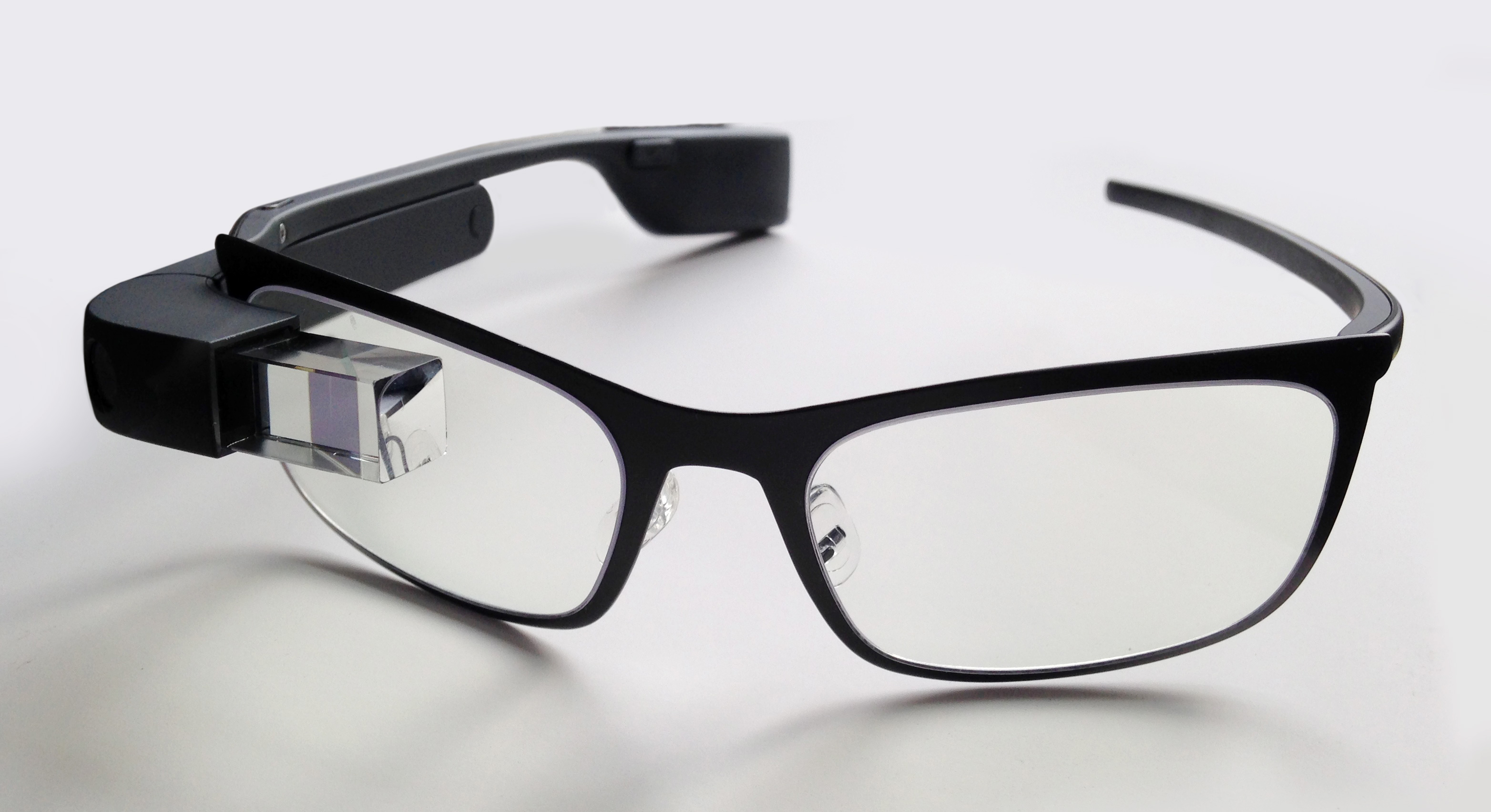
The details of the study are published in the Journal of Medical Toxicology, and include preliminary data that suggests the glasses helps physicians in diagnosing specific poisonings and enhancing patient care.
In the study, emergency medicine residents at UMass Memorial Medical Center performed 18 toxicology consults with Google Glass. The residents conducted bedside evaluations of the patients. Unknown to the patient, a secure video feed was sent to the toxicology supervising consultant via Google Glass. The supervising consultant then guided the resident through text messages displayed on the glasses.
The supervising consultant also obtained static photos of medication bottles, electrocardiograms (EKG) and other pertinent information at his/her discretion. All this was done in addition to the standard verbal consult available to residents.
As a result of using Google Glass, consulting toxicologists reported being more confident. Additional data collected showed that the use of Google Glass also changed management of patient care in more than half of the cases seen. Specifically, six of those patients received antidotes they otherwise would not have. Overall, 89 percent of the cases were considered successful by the consulting toxicologist.
Compare this against the current setup, which consists of a large desktop or laptop computers affixed to a big cart that has to be rolled from exam room to exam room. As can be expected, such a setup comes with a fair share of limitations in terms of both access and functionality in a busy emergency room settings.
According to Peter Chai, toxicology fellow at UMass Medical School, it’s like having a real-time specialist with you when you need one. He adds, “Our work shows that the data transmitted by Google Glass can be used to supplement traditional telephone consults, validate bedside physical exams, and diagnose and manage patients.”
State-of-the-art wireless infrastructure and wearable devices give physicians a lot more flexibility and reach to improve health-care delivery. And it can easily to be deployed in clinical settings. Through these wearable devices, the residents could stream a video of an exam, send enlarged photos and consult with remote specialists.
It’s akin to placing a virtual expert at the bedside of the patient, or a virtual patient next to the expert. As can be expected, it has huge advantages; it gives patients in remote places, real-time access to specialists. Having shown that Google Glass is a feasible option for toxicology consults in the emergency room setting, Chai said the next step will be to determine the role Google Glass can play in the remote care of poisoned patients.
To ensure patient privacy, the glasses were equipped with a third-party HIPPA-compliant platform called Pristine Eyesight. Information passing through Google Glass was encrypted for security reasons.
Image credit: Mikepanhu
Sources:
http://www.umassmed.edu/